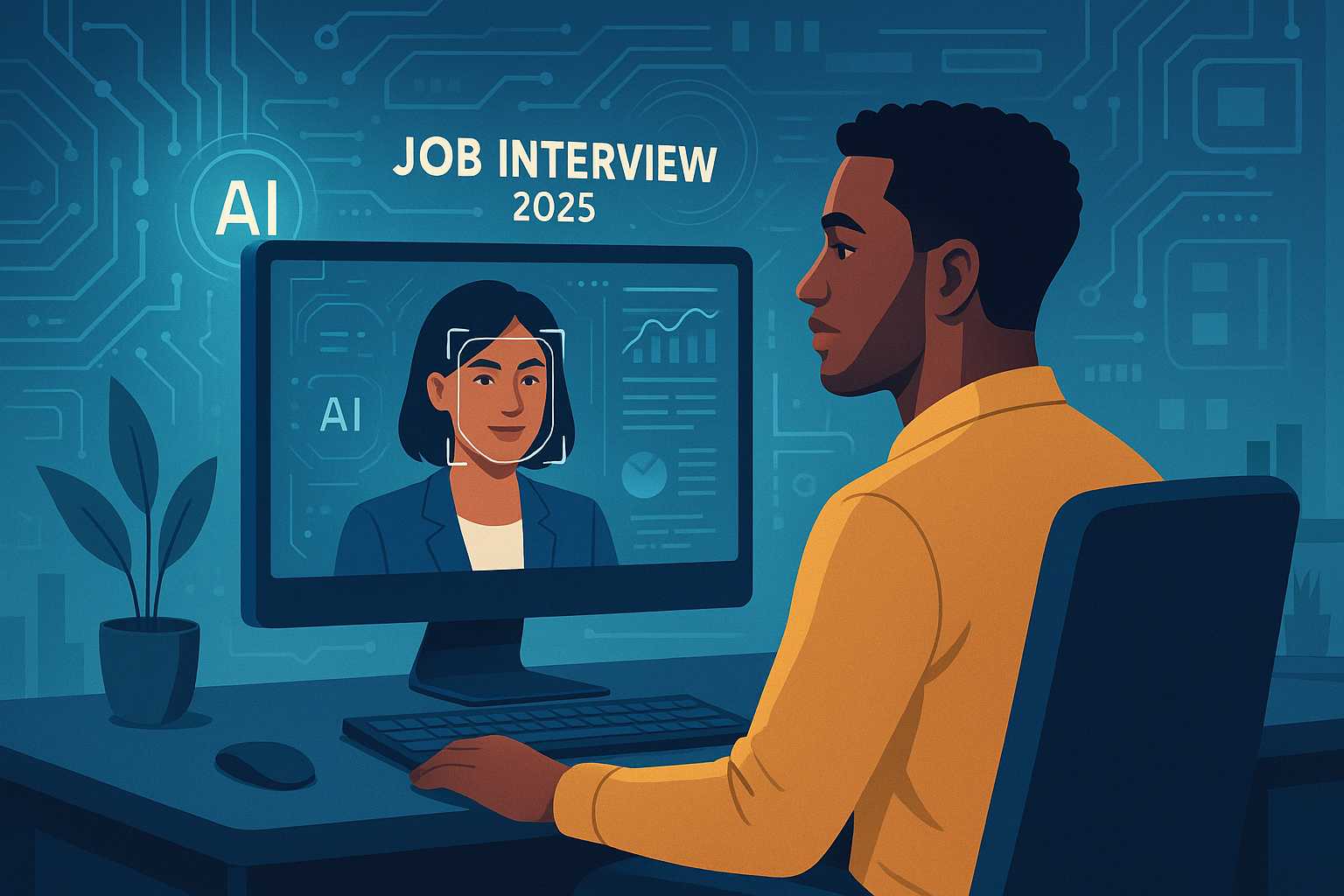Interviewing for a job has always been a nerve-racking experience, but in 2025, artificial intelligence (AI) is transforming this crucial step in unprecedented ways. As AI-driven interview platforms become the norm, job seekers need to understand how these tools work—and how to prepare for them to maximize their chances of success.
The Rise of AI Interviews
AI-powered systems now screen millions of candidates each day, using video interviews, automated chatbots, and algorithmic assessments to evaluate skills, personality traits, and even body language. While these tools promise greater fairness and efficiency, they can feel opaque or even daunting for candidates unfamiliar with the technology.
What AI is Looking For
Most AI interview tools analyze factors such as:
- Keyword relevance: Matching your answers with the job description and requirements.
- Communication skills: Clarity, confidence, tone, and language use.
- Behavioral traits: Decision-making, teamwork, adaptability, and emotional intelligence, often assessed through scenario-based questions.
- Non-verbal cues: Some advanced video platforms study facial expressions and posture.
Preparation Strategies
To navigate AI interviews effectively:
- Practice on camera: Record and review your responses to common questions. Observe your tone, clarity, and body language.
- Tailor your answers with intent: Structure responses using relevant keywords, drawing clear connections between your experiences and the role.
- Be concise and confident: AI tools tend to reward answers that are direct and purposeful rather than rambling or vague.
- Understand the process: Research the platform used by your prospective employer. Some allow multiple takes or practice questions.
Common Pitfalls
- Monotone or unnatural delivery: Over-rehearsing can sound robotic, while under-preparing leads to rambling—aim for a natural, conversational tone.
- Ignoring the human factor: Remember, many companies still have humans review AI results. Authenticity matters.
- Underestimating the soft skills: AI tools often look beyond technical prowess to assess collaboration, resilience, and leadership.
The Human-AI Balance
While it’s tempting to view AI as an impersonal gatekeeper, these tools are ultimately designed to surface the best fit for both employers and candidates. By understanding how the technology works, preparing accordingly, and showcasing authentic strengths, job seekers can make AI their stepping stone rather than a stumbling block.
Final Thought
The landscape of interviewing will keep evolving with AI. By embracing continuous learning and adaptability, candidates can position themselves to not only pass AI assessments but also to thrive in workplaces shaped by tech innovation.


Leave a Reply